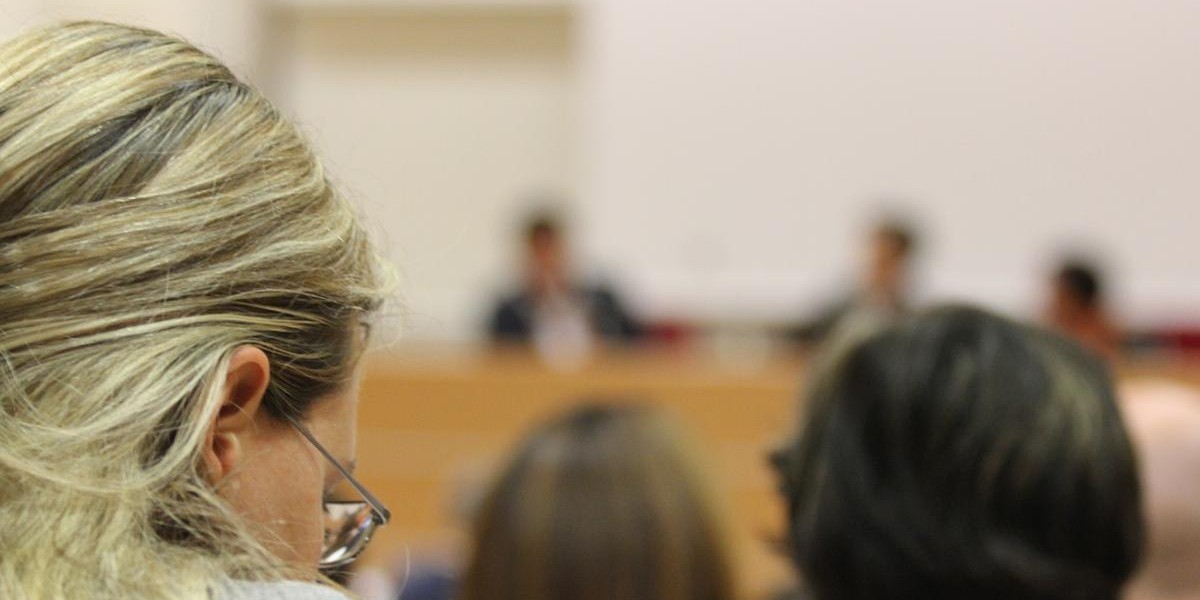
Cecilia Strada, Carolin Emkce and the struggle for minorities
Never has the European question been as present at the Festival as this year: a number of different authors shine a light on the issues of the past and the present.
"I have spent two thirds of my life between Pakistan, Afghanistan, Iraq and Sierra Leone, in the landing sites in Sicily. I have smelt the world and got to know people's stories with all five of my senses." The voice of Cecilia Strada rises over the rain to kick off the Lettere dalla guerra (Letters from the War) event, a conversation between the former president of Emergency and the German journalist Carolin Emcke, who is presenting her most recent book, Contro l’odio, released in Germany in 2016 and winner of the Peace Prize at the Frankfurt Book Fair, which has previously been given to authors such as Orthan Pamuk, Svetlana Alexievich and Susan Sontag.
"Hate always moves vertically towards the top or the bottom, and whoever the recipient is (the ruling class or minorities), the objective remains that of reducing people to invisible status or to demonise them by turning them into monsters."
The problem how the process of generating hate begins and according to Emcke, the media plays an important role: from news shows to talk shows and documentaries. In Germany, but the same applies elsewhere, migrants are often associated with criminality, black people with illegal trafficking. Stereotypes are often reinforced which stigmatise weaker groups, fuelling a total lack of tolerance and ignorance - a look of hate.
The physiology is clear for Cecilia Strada. People's reactions are the result of the existence of superstructures responsible for generating the feeling of hatred. The emphasis with which the media find themselves dealing with cases of migration gives an incorrect analysis of the general context and, most of all, induces a feeling of hatred towards these subjects.
Contro l’odio is aimed at readers, so that they see what is different as something that makes the world more interesting rather than as a threat. "We often talk about a mono-cultural society," Emke says, "but I can say that I don't want to live in such a place. I prefer one with a thousand different facets, where I feel protected just life everyone else."



